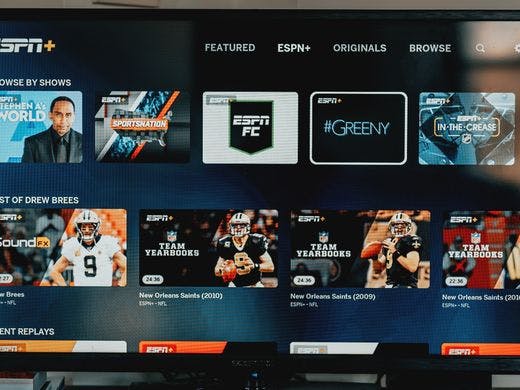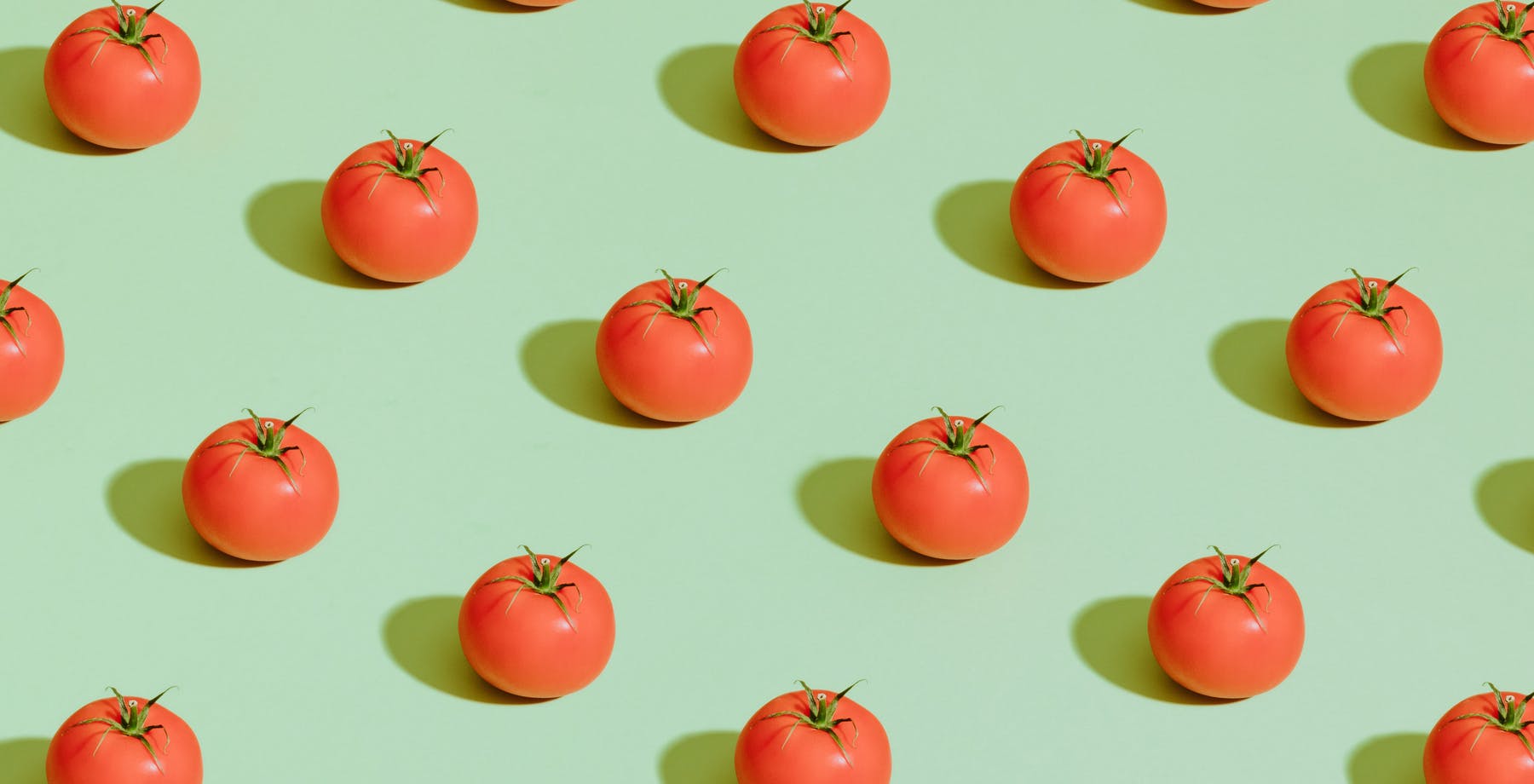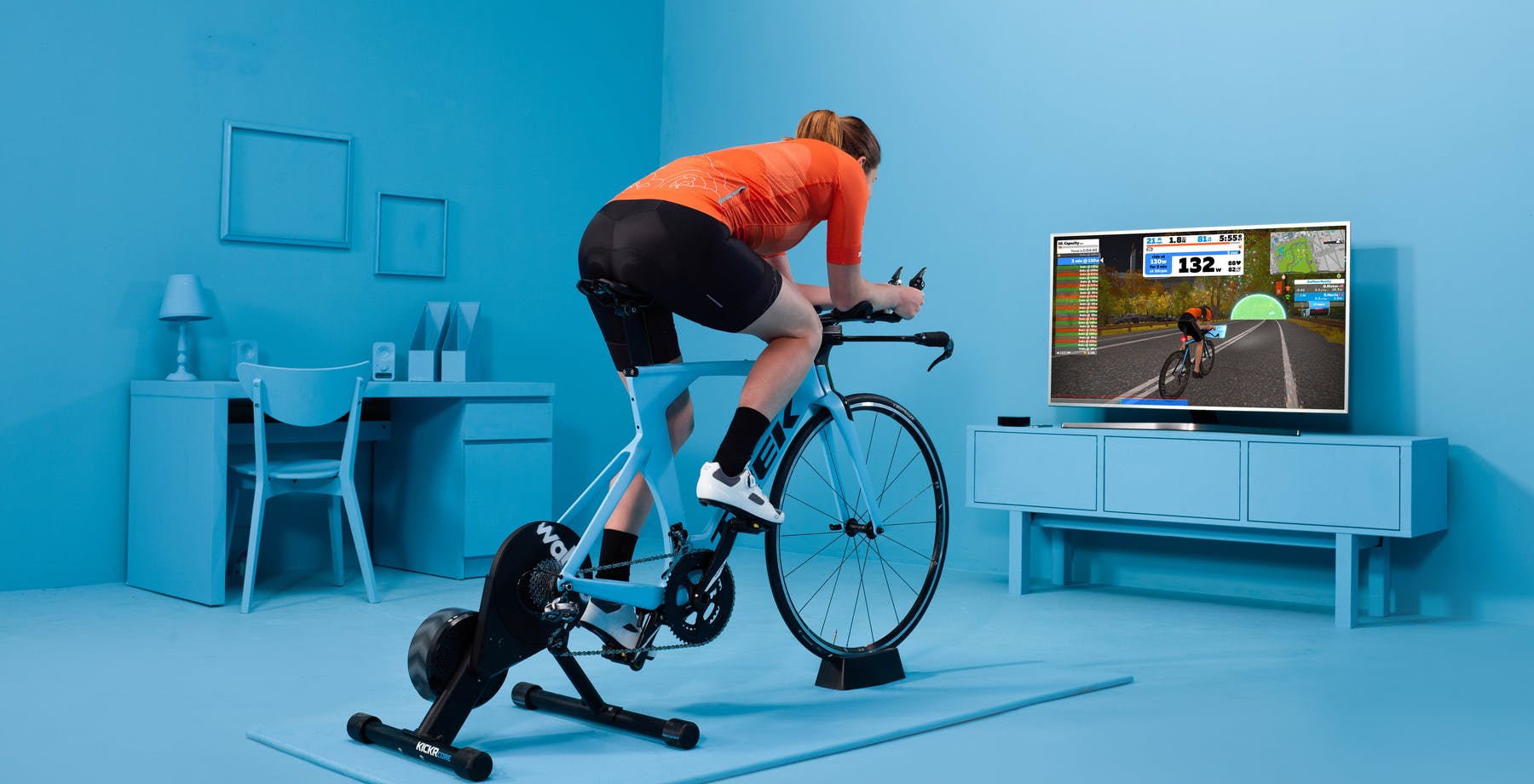For the first time in its 92-year history, the FIFA World Cup is being held in winter, coinciding with the 'golden quarter’ encapsulating the holy trinity of Black Friday, Cyber Monday and Christmas. With 77% of consumers planning on cutting back their spending this year due to the rise in the cost of living, how can sporting events be an opportunity for retailers and consumer brands?
A brave new winter
Sports is big business. The global sports industry is currently worth around $501 billion and is expected to grow by approximately $200 billion by 2026, and the World Cup is one of the largest revenue generators. This year, hosted by Qatar, gameplay kicks off on 21st November and runs nearly until Christmas upending what is a usually predictable time of year for both consumers and businesses. This is unknown terrain, as for the first time the sporting event – watched by 3.5 billion people in 2018 - overlaps with Thanksgiving, Black Friday, Cyber Monday and the festive season.
But all is not as it was four years ago. The pandemic and continuing cost of living crisis has changed consumer behaviour and outlook, already reflected in major retailers' Christmas adverts. According to a recent survey, over two-thirds of Brits plan to cut back on their seasonal spending this year.
Large sporting events tend to lend well to a variety of goods, mirroring Christmas spending, from big-ticket items like TVs, to apparel and also food and drink, as people come together to watch matches – especially post-Covid. The Retail Week Christmas Forecast report, however, predicts that this year both sales values and volumes in these categories will decline this quarter. Matt Newman, Director at consumer electronics company Currys said in a recent Retail Week article, ‘the winter tournament will be a step into the unknown, with the two biggest drivers of TV sales clashing and then culminating in an actual England match on Black Friday itself.’
Passing the ball
A global unifier like the World Cup is not the only sporting draw for businesses. In the US sport, especially American Football is close to a religion. However, having reached maturity in their domestic market, both baseball and American Football have each tried to grow the sport internationally to expand revenue.
The latter has proved successful in generating interest for as many as three to four games per year in London, spread across multiple venues and creating a weekend-wide Americana-style event in the UK capital. November saw the first-ever NFL games successfully hosted in Germany leading to further opportunities for brands to capitalise upon.
New horizons
But it’s not just the all-American sports that are taking hold. The potential saturation of the largest traditional sports is leading to opportunities in newer modes of entertainment. Pickleball and Padel – both racket sports - are the fastest-growing new sports respectively and have both attracted celebrity investment in the last 12 months. Earlier this month American Football superstar Tom Brady and four-time major tennis champion Kim Clijsters were announced as part of an ownership group for a Major League Pickleball expansion team. Pro-basketballer LeBron James announced he and a long-time business partner are part of a new Pickleball ownership group via LRMR Ventures, their family office. And in August, Andy Murray and Virgil van Dijk became investors in Game4Padel, a firm that claims to be the fastest-growing business in the Padel industry.
Both Pickleball and Padel have taken advantage of viral media to market their games towards a younger, more digitally savvy audience willing to try new things. The Lawn Tennis Association (LTA), the governing authority for traditional tennis, took British Padel into the wider organisation’s day-to-day operations – however, it is private enterprise and investment that is driving interest in the sport. Similarly to Pickleball, both sports are driving a younger audience wanting a quicker and more accessible format of the game. In the US, tournaments are open to professionals and amateurs in the sport where the fastest growth in participation is seen in the under-24 age group.
A push over the goal line
Amid a backdrop of consumer cutbacks and a recession, it's important to take a step back to put things in context. At True, we’re keeping score of the continuing impact sports has across all consumer sectors to identify potential opportunities for hesitant retailers on stable ground.
As some retailers and brands look for efficiencies and are striking out those “nice to haves”, others are doubling down. We believe this is the time to focus on strategic technology, supply and investment partnerships where businesses can leverage core competencies and networks whilst maintaining a more agile variable cost base.
Management teams should also not lose sight of the medium-term opportunity that significant market turbulence presents. Some of the best businesses and technologies can be built during times of turmoil due to consumer willingness to find joy in smaller or differently shaped packages.
With the FIFA World Cup coinciding with the busiest shopping period of the year, as well as a challenging economic forecast, this is unchartered territory. But there are opportunities for all retailers to get involved in the hype, community, revenue and opportunity that sporting events bring.


